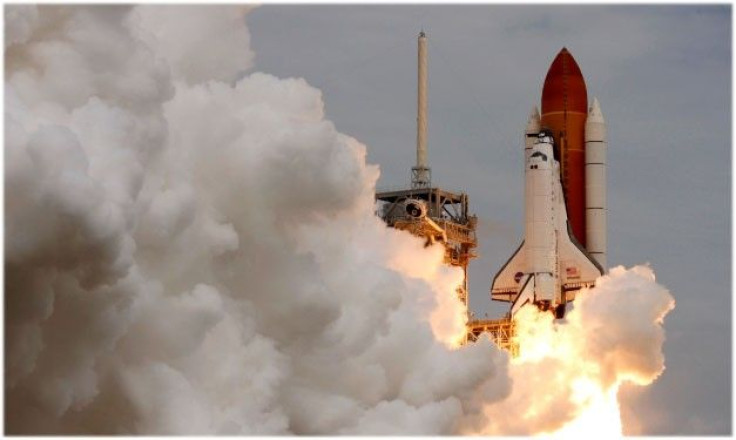Most Americans Disagree With NASA on Ending Space Shuttle

Americans are not happy about the government ending the space shuttle program.
According to a recent poll from research firm IBOPE Zogby International, the majority of Americans disagree with NASA's decision to end the space shuttle program. The program officially ended on July 21 when the space shuttle Atlantis touched down on Kennedy Space Center. The Bush administration decided to end the program as early as 2004. In 2008, it became an official directive.
IBOPE Zogby International says 59 percent of respondents disagreed with the decision to end the space shuttle program. Thirty three percent agreed with the decision while eight percent didn't have an opinion.
As the space shuttles go into their new homes, which are museums across the country, U.S. space travel will now be reliant on Russia through its Soyuz spacecraft program until further notice. This has many upset including various politicians. Texas Governor and possible Presidential candidate, Rick Perry, has spoken out against NASA's decision to end the space shuttle program.
In a separate recent poll by CNN, 64 percent of respondents said it was important for the U.S. to be ahead of Russia in the space race.
Not everyone is disappointed by the end of the space shuttle era. NASA is shifting its focus from the government run space shuttle program to a facilitated move into space travel through private enterprise. It's about time said Tom Shelley, President of Space Adventures, a company which has sold seats through Russia's Soyuz space
"With all due respect to the space shuttle and all of its accomplished and the people who have made it a success, I think it's held back space development in the U.S.," Shelly said.
Companies like Shelley's and Elon Musk's SpaceX are predicting a much faster return to the moon than NASA. SpaceX also is looking to bring people to Mars sooner than NASA's predicted date of the 2030s.
In the same IBOPE Zogby International poll, the majority of Americans (47 percent) said they would like to see both government funded and privately run trips to space. However, more people (28 percent to 17 percent) preferred NASA to private enterprise.
One reason people may not be too upset to see the space shuttle program end is cost. The program $196 billion was far more than the original estimated price of $7.45 billion back when it started in 1982 ($45 billion in 2011 adjusted for inflation).
Follow Gabriel Perna on Twitter at @GabrielSPerna
© Copyright IBTimes 2024. All rights reserved.











